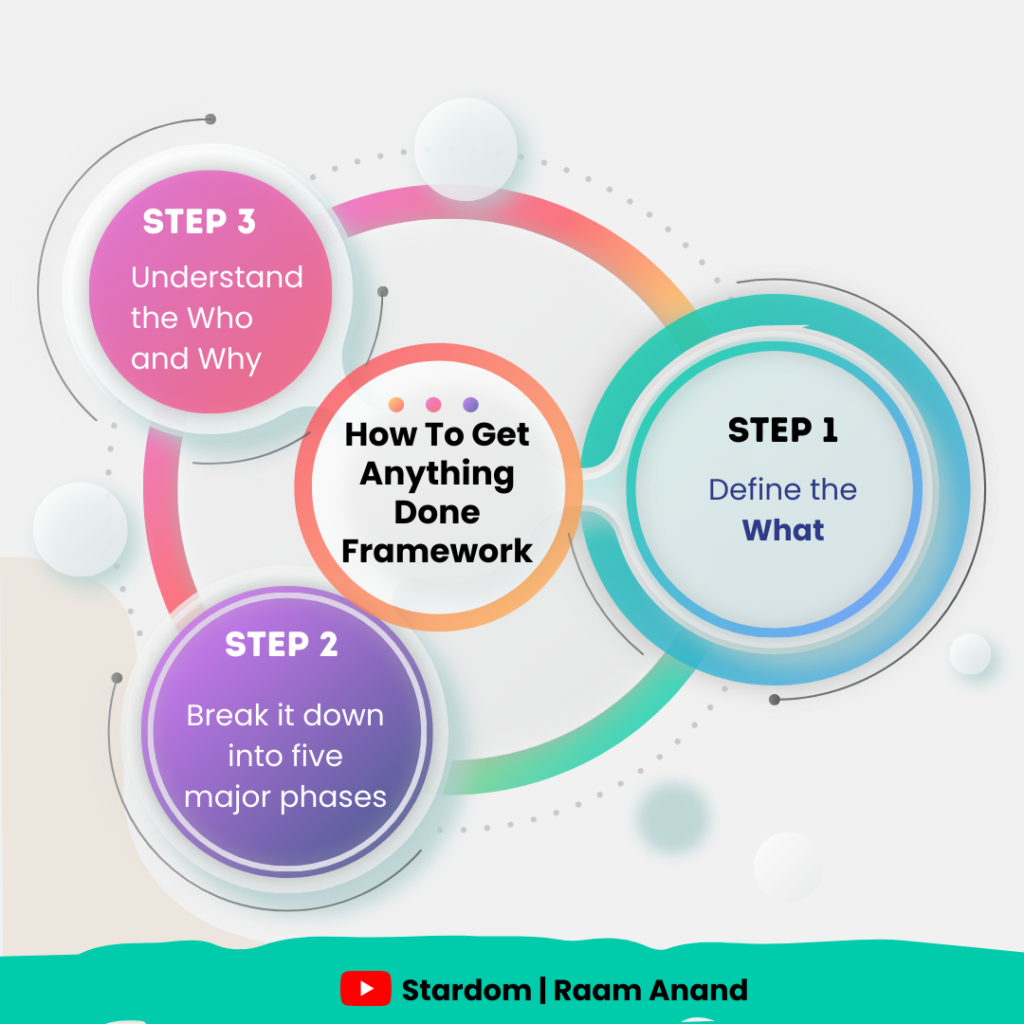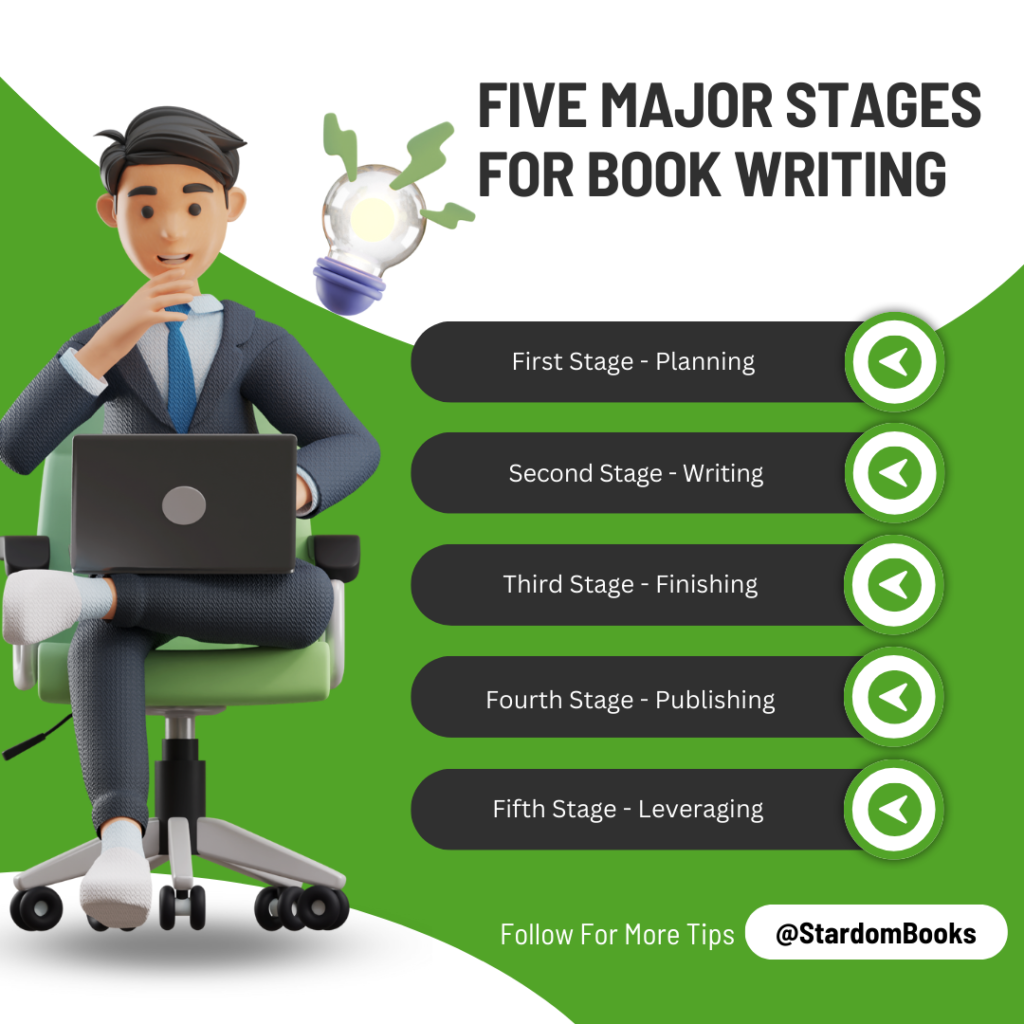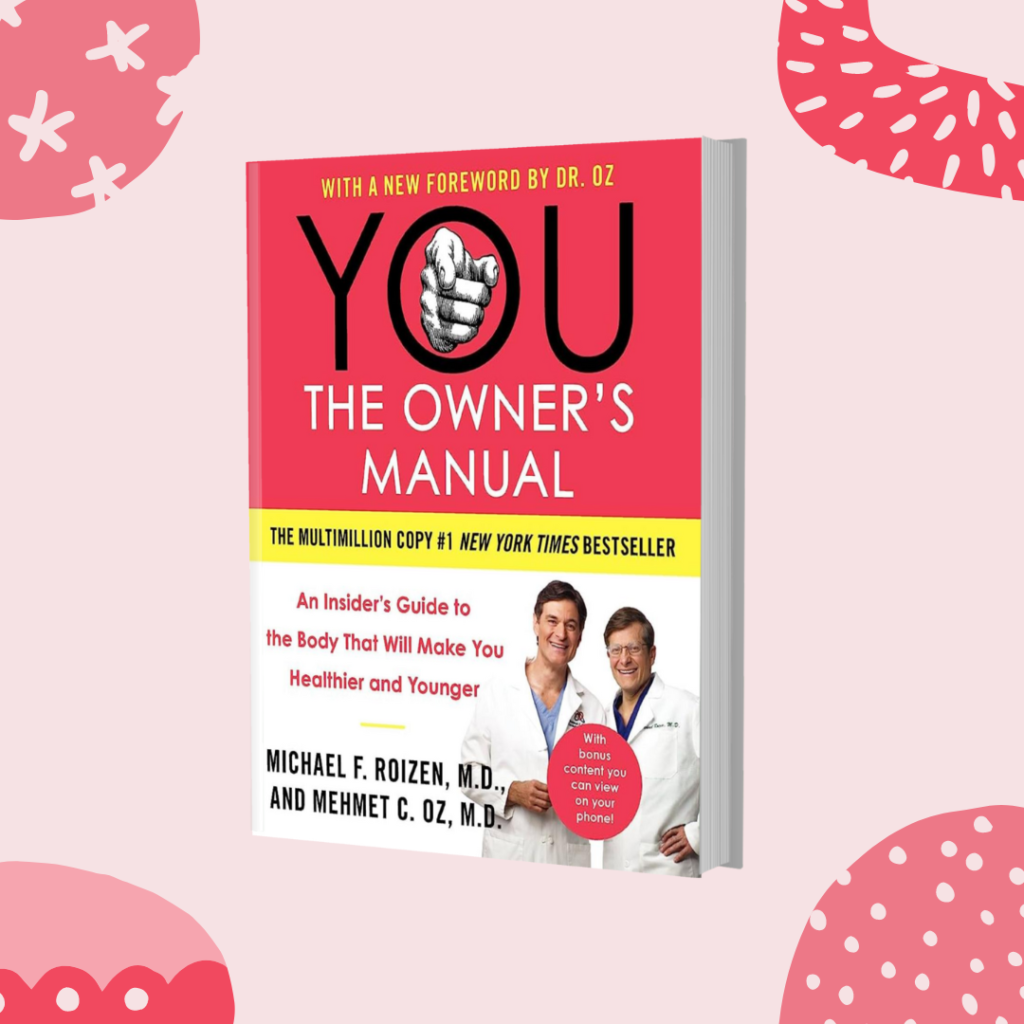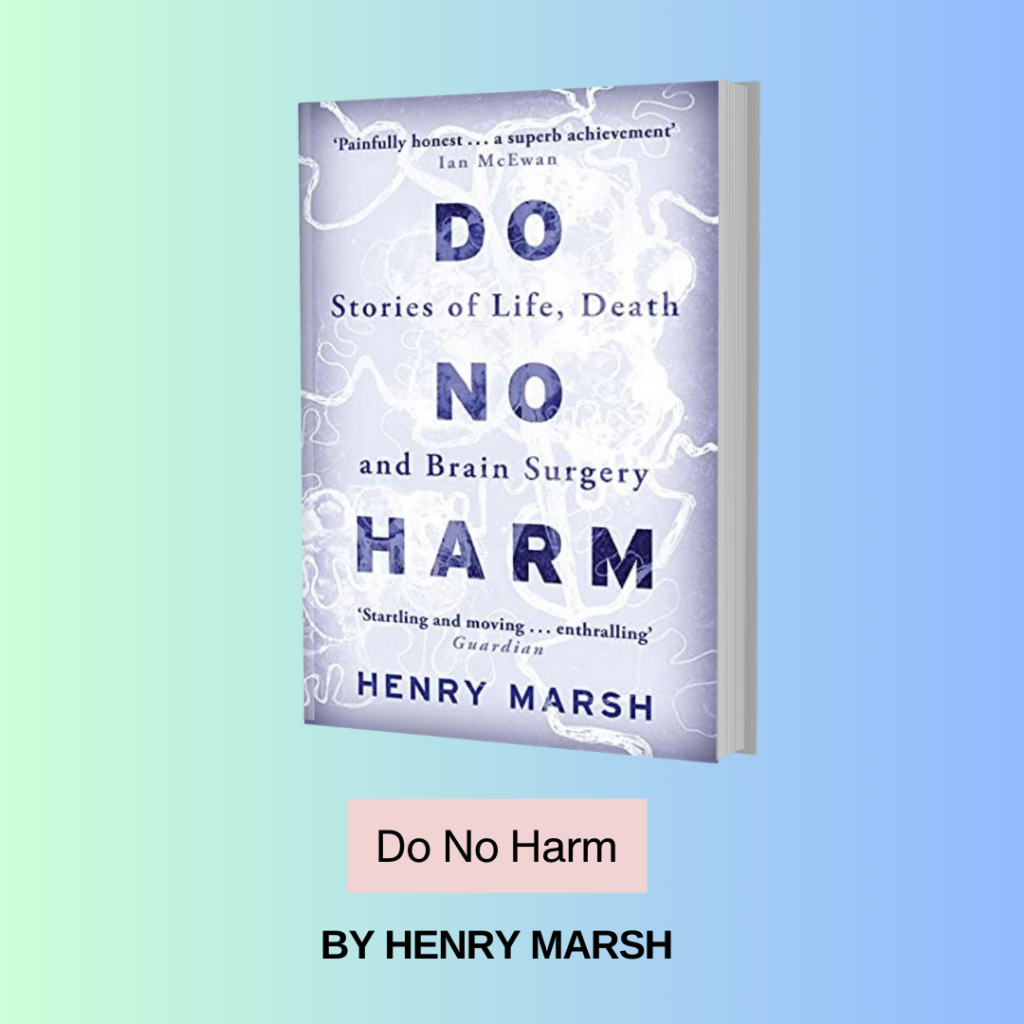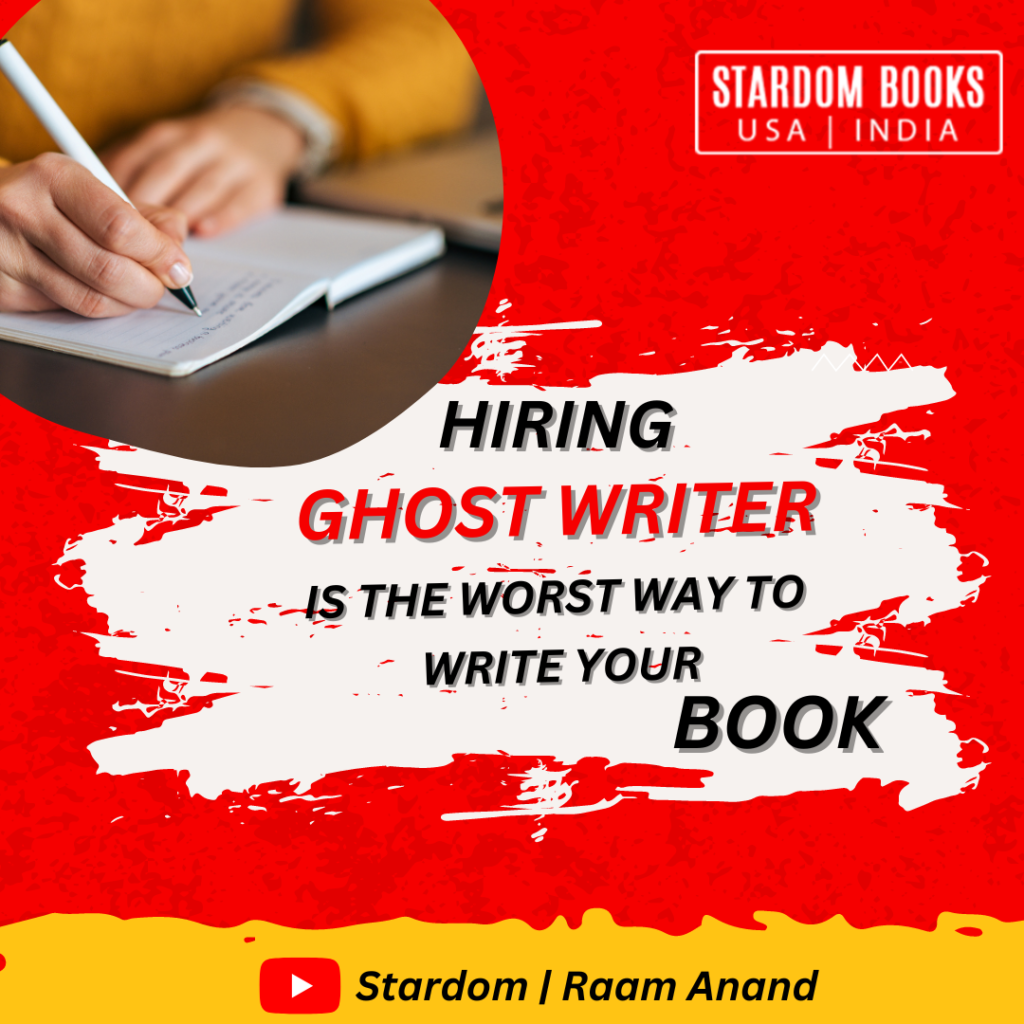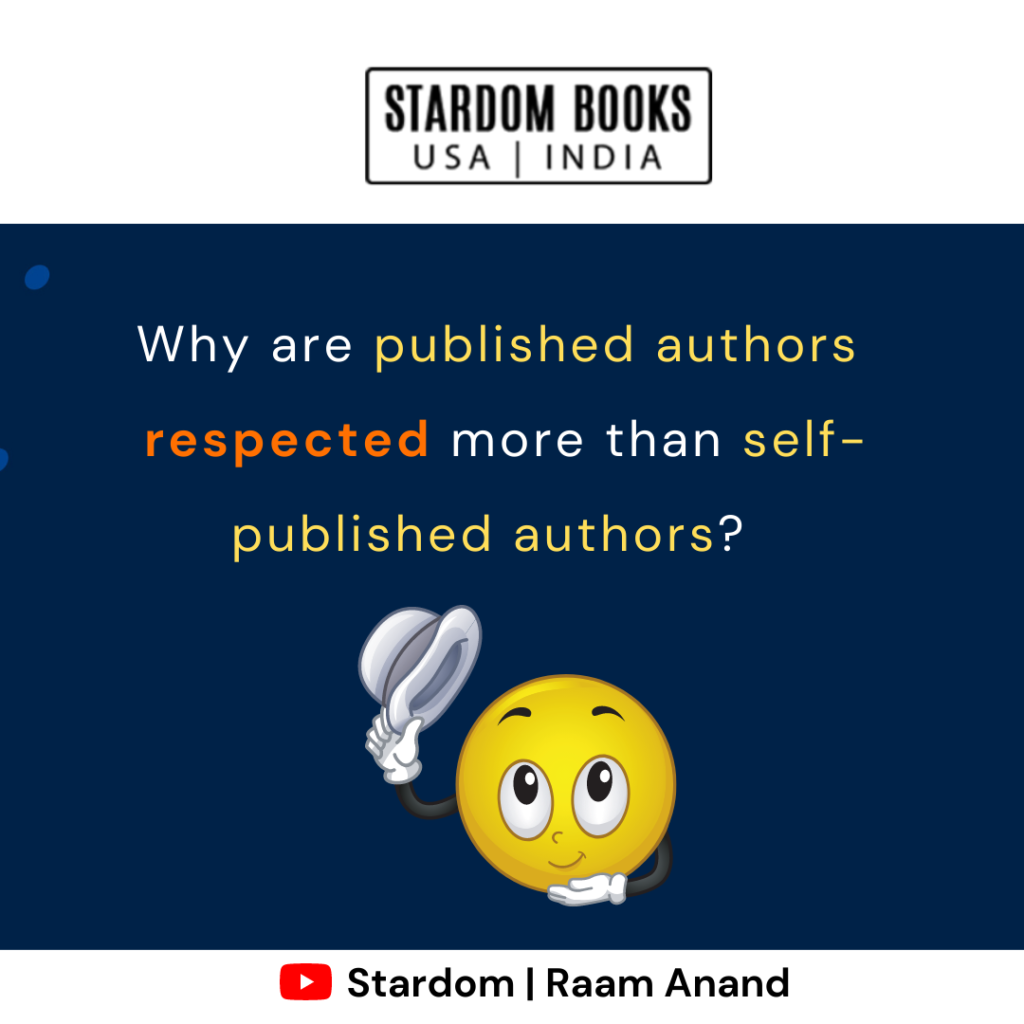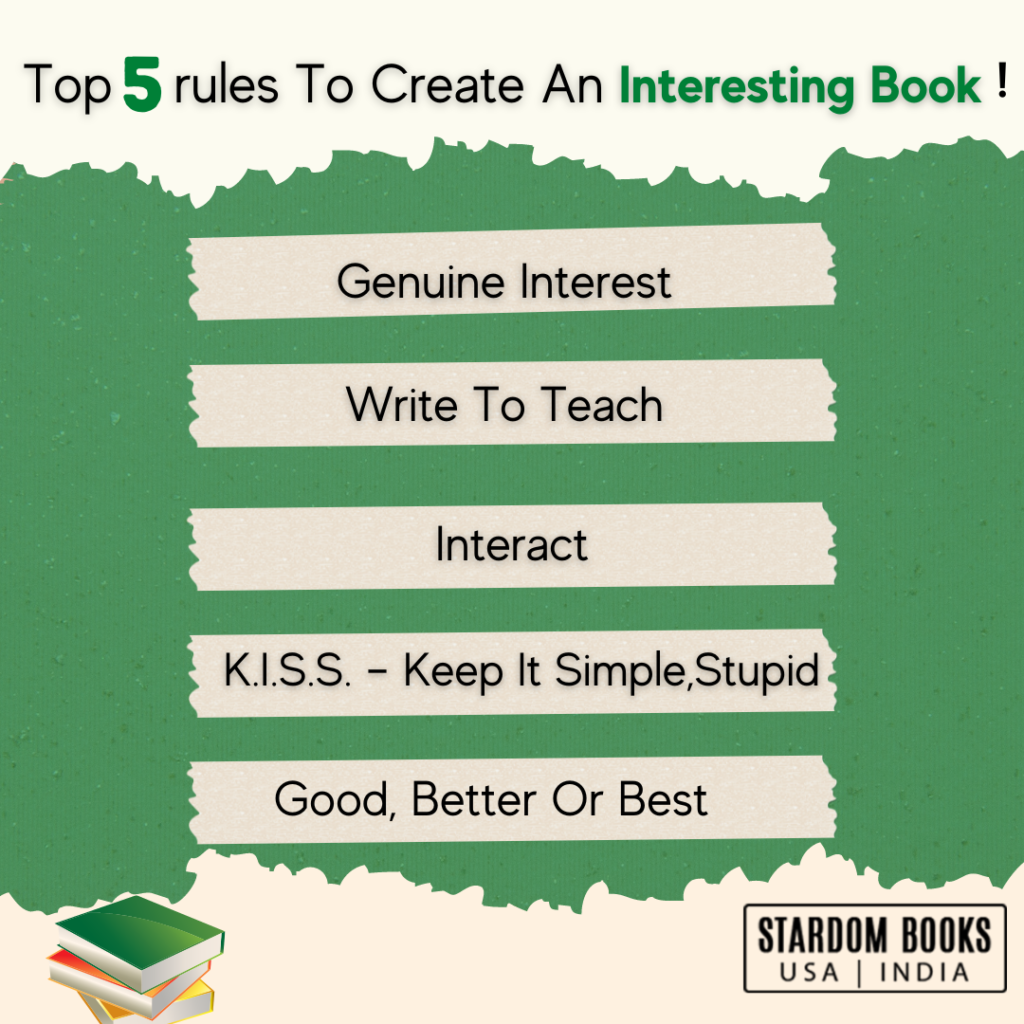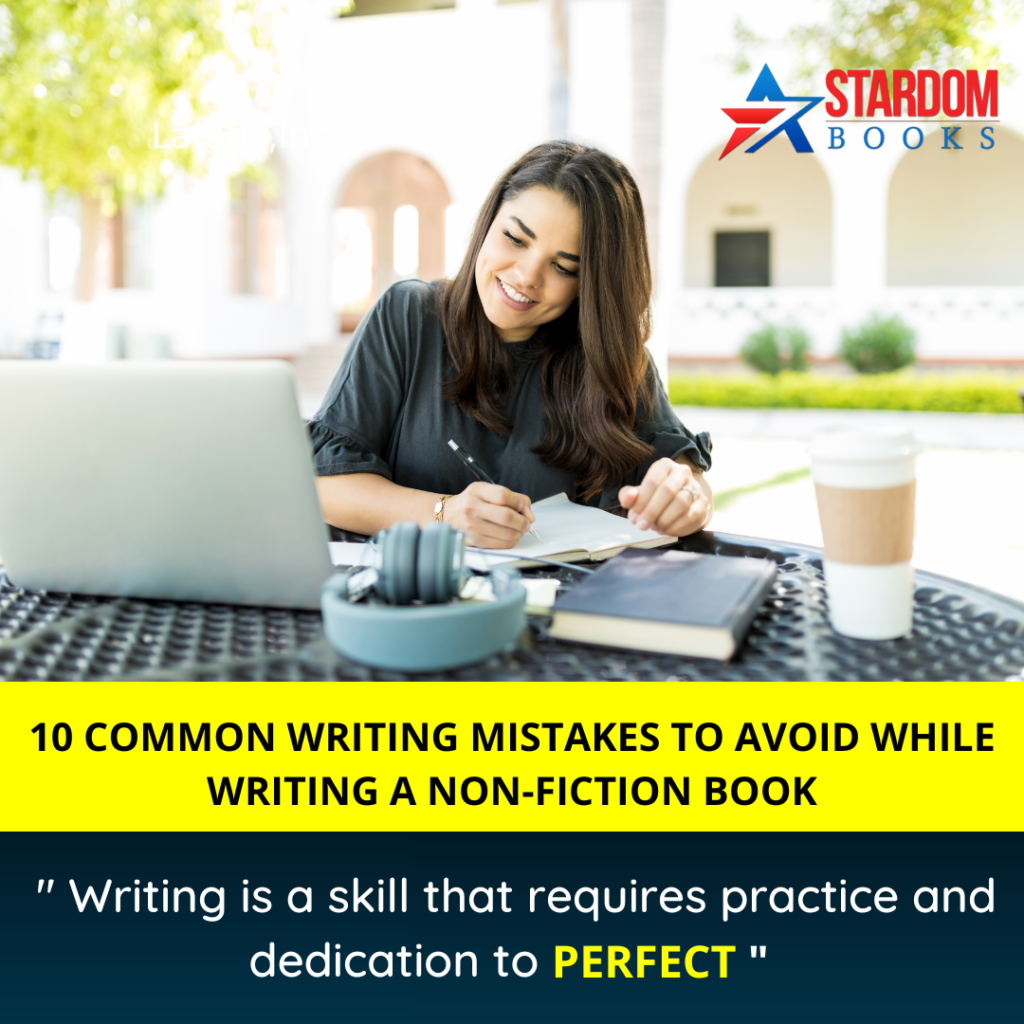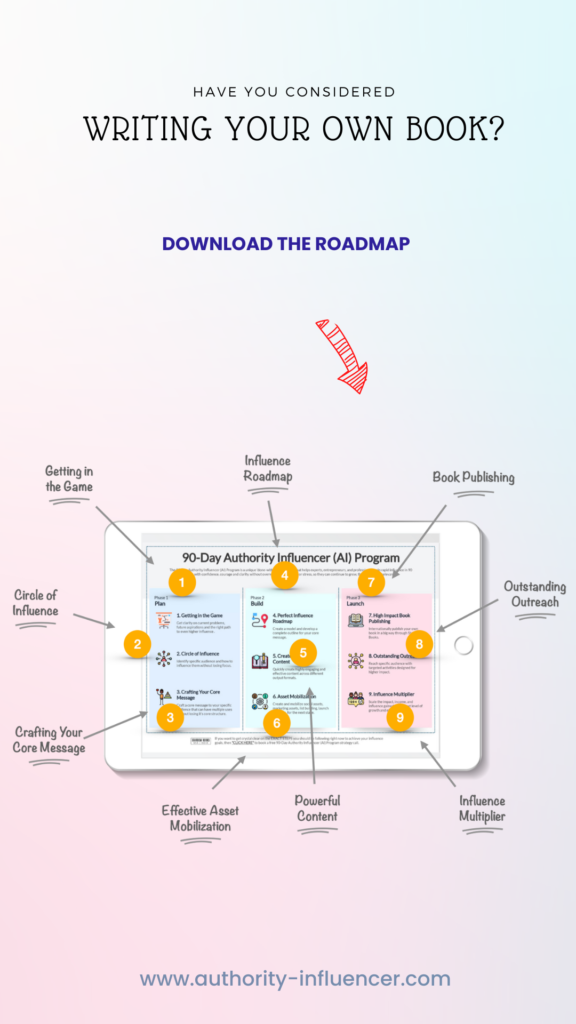Summary
Most Valuable Advice For Marketing – The Secret Of Marketing !
The video emphasizes the power of authentic storytelling in marketing, despite the common struggle with impostor syndrome and self-doubt.
It argues that sharing a relatable, genuine story can build a strong, loyal customer base.
The key is to overcome impostor syndrome, find one’s unique voice, and understand the value of one’s experiences, no matter how ordinary.
It ends with an encouragement to take action and an offer from Stardom Books to help write and share your story.
Transcript
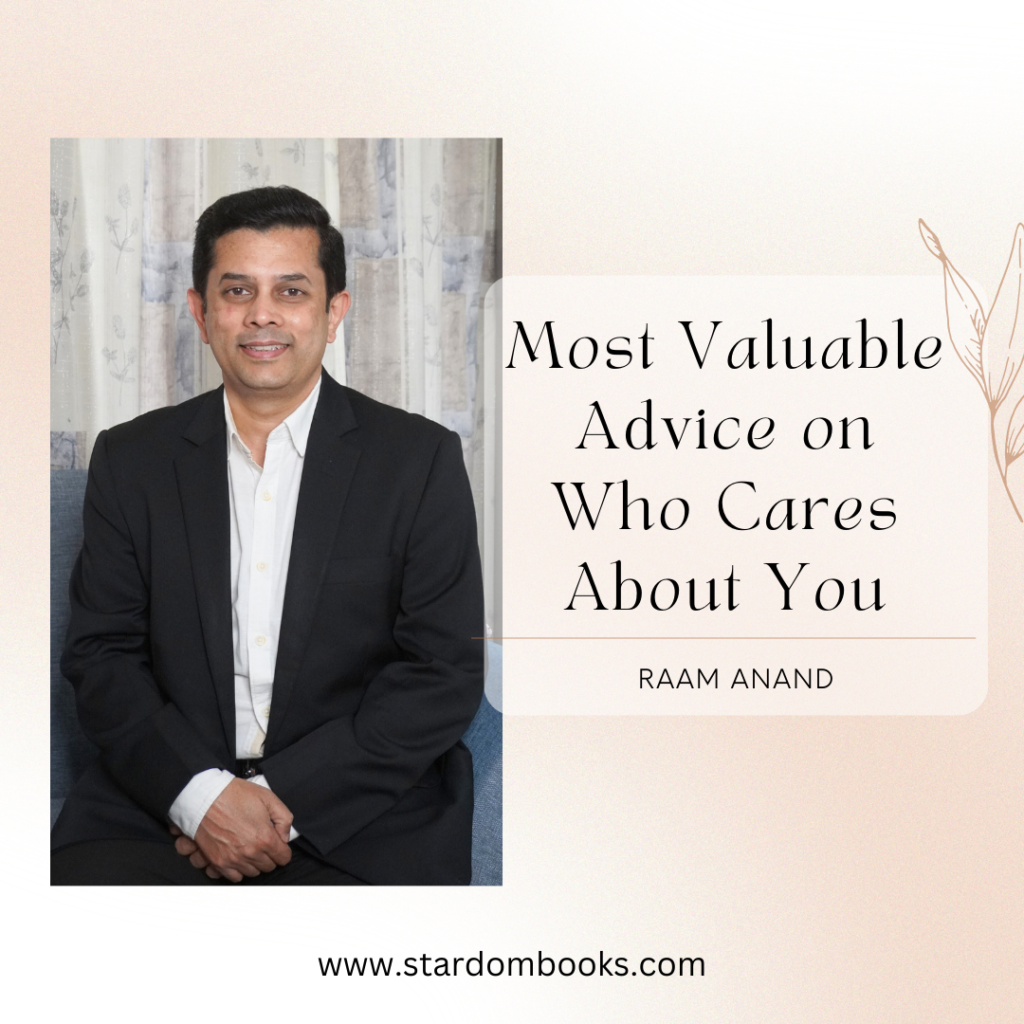
The Most Valuable Advice Revealed :Transform Your Marketing Strategy
If you cornered me on a dark street, pulled out a knife and demanded that I reveal the most powerful secret to marketing that I know, I’d go with telling your story and being authentic.
“Tell your story and be authentic” is hardly a secret. I’m sure you’ve noticed it’s a line that influencers, gurus, and magazines like Forbes always trot out.
I suspect it’s something they say to seem wise and up-to-speed with current marketing trends. It’s an easy thing to say. Why am I still picking it as my answer to your question? Because done right
It is THE most powerful thing you’ll do for your business or profession. Influencers, gurus, and Forbes are right.
Regardless of what you do, a story well told will make you unforgettable, let you build a tribe of loyal customers, and profit hand over fist while remaining a relatable human being to your audience.
But, there’s a reason we’re not drowning in excellent storytelling by brands, businesses, and individuals.
It’s tough to tell your story, to be entirely out in the open about your life, and to be vulnerable and authentic while still being able to ignore the haters.
Impostor Syndrome
It’s the idea that you’ve only succeeded due to luck rather than your talent, qualifications, or hard work.
It’s the incessant feeling that you don’t belong. So, when it comes to telling your story, why bother?
Meaning, who cares about your story?
Well, the good news is that almost everyone feels that way. According to the International Journal of Behavioral Science, about 70% of people are suffering from impostor syndrome.
What’s even worse is that impostor syndrome has many faces, and because of that, it can be hard to recognize it most of the time.
Perfectionism, for example, is where you set extremely high expectations for yourself. Even if you meet 99% of your goals, impostor syndrome will tell you you’re still a failure. You know what I mean? Or it may leave you feeling that you need to be an expert – meaning before you start a project, you need to collect every piece of information and obtain every possible certification, and so on.
Another thing that plagues even the most talented people is when they suddenly have to struggle or work hard on something. Because playing the piano is easy, for example, picking up Java programming should be just as easy.
There are many more examples. But the point is that these thoughts stop you from sharing your story, or even if you somehow force yourself to do it, your story comes out stifled, unnatural and completely inauthentic.
The thought that you’re just not enough
Next, there’s the close cousin of impostor syndrome – The thought that you’re just not enough.
That little voice inside your head that says: “There are people who have it way worse than I do, so why should they care?” Or the complete opposite: “Who am I to tell my story, when there are people who are so much more successful than I am?”
There could be a bunch of reasons for that. It could be some of your hidden core beliefs running the show. Perhaps your inner voice is judgemental, or people around you are overly critical of you.
It could be a number of those things or none of them, but as far as you being able to share your story and do it the right way (and to be able to reap the benefits), here are the things that work.
First, understand that it’s perfectly fine to be normal, average, or regular. This means that many people think something huge – bad or good – needs to happen to have a reason to share their story.
Nothing could be further from the truth. If you’re not miles ahead of your audience and are perhaps only one step ahead on a certain journey (for example, if they haven’t figured out how to pick a product to sell on Amazon, but you have three successful products selling), that makes you much more relatable and your story will have a much bigger impact than if you were this God-like figure.
Give up your impostor syndrome – Most Valuable Advice 1
The best way to beat it is to acknowledge and put the thoughts in perspective. For example, if you’re worried that you can’t give people advice on writing copy because you haven’t written a single persuasive line well, what about when you persuaded your parents to buy you a bike?
Tell that, and it’ll be better than 90% of what the so-called copywriting experts are doing. Remember that people who are lucky enough not to feel like impostors are no better, no more capable, and no more talented than you.
Find your voice, and don’t be ashamed of it – Most Valuable Advice 2
People will appreciate you for who you are, and those that don’t, do you want to work with them anyway?
It’s your playground, your game, and you make the rules.
The side benefit is that the more you do it, the more you’ll connect with your authentic inner voice and help you organize your own inner story about what happened to you throughout your life.
Building your tribe around your story -Most Valuable Advice 3
This goes beyond “having an email list, ” a “following,” or whatnot. Once you connect with people over your story – that you tell unapologetically and sincerely – that bond goes deep.
I still follow some people from years back whose stories resonated with me. You can’t buy this with money.
Once you have that, It’s the most impenetrable edge you’ll ever have in any marketplace.
Get started. Action breeds motivation and momentum.
If you are pumped up to share your stories, insights, perspectives, and knowledge in a book, visit stardombooks.com, and let’s do this project together.
We may have an open spot to take in new clients for our Star Author Program, where we deploy our team to guide you, support you, and even write your book for you.
Just reach out to any of us at http://www.stardombooks.com , and let’s begin our book. Until then, keep smiling, believe in yourself, and get all the best things in life.
Is Book Writing A Good Strategy For Me Or Not?
Calling all visionary thought leaders, experts, entrepreneurs, CXOs, Doctors, Professionals, Consultants, Coaches & Specialists for immediate action.
Don’t miss a chance to revolutionize the way you express yourself to millions around the world.
Find out whether book writing strategy is a game changer or dud for you!
Act swiftly and propel your career to meteoric heights with the power of the written word.
Its free and it’s 20 minutes 🕐
